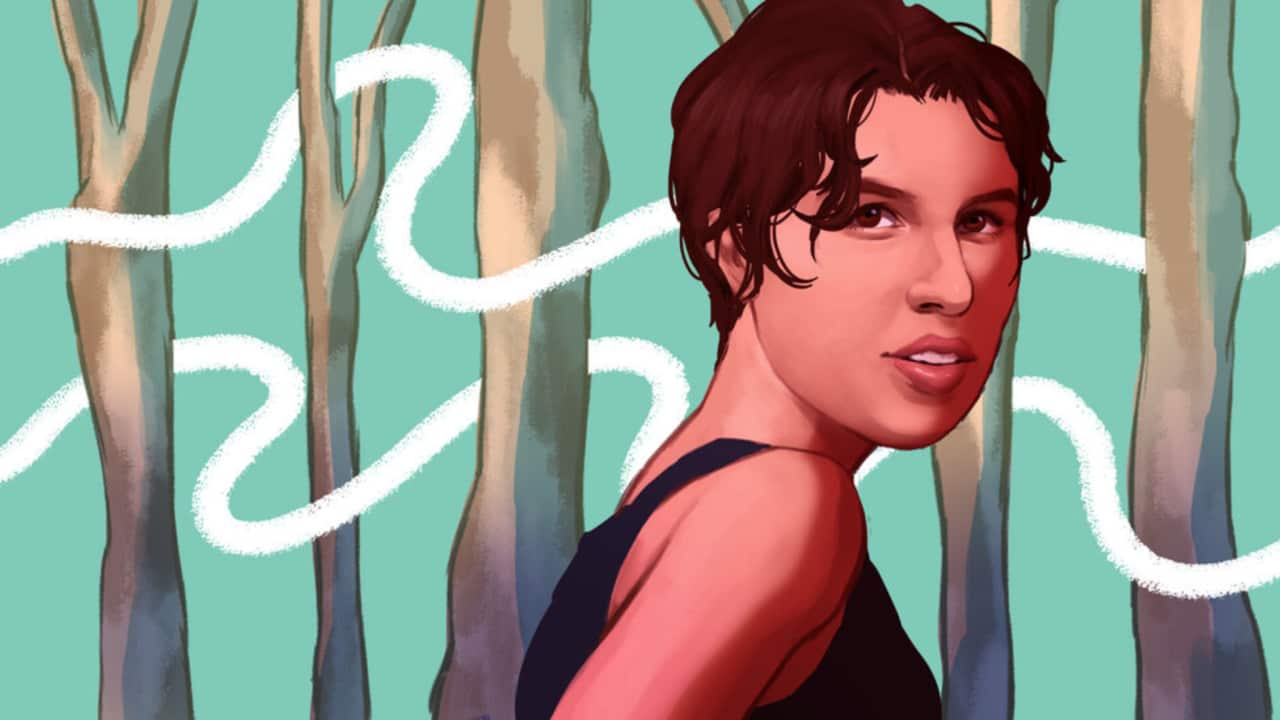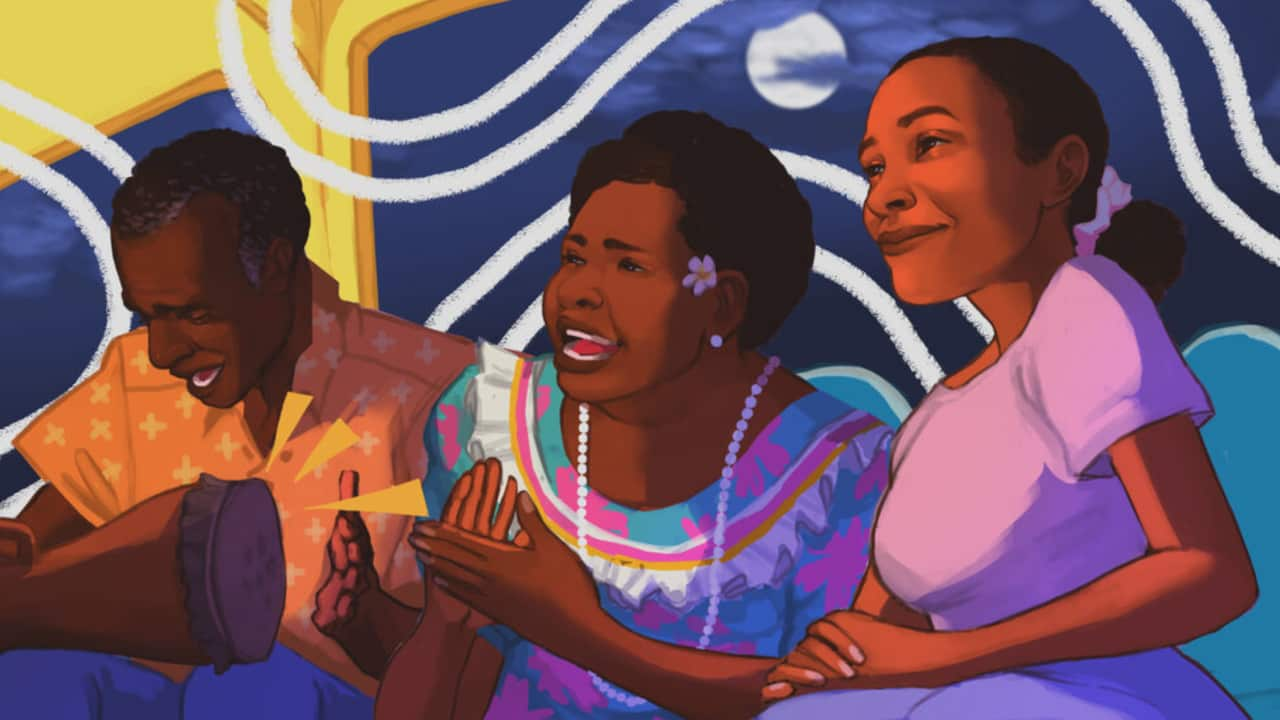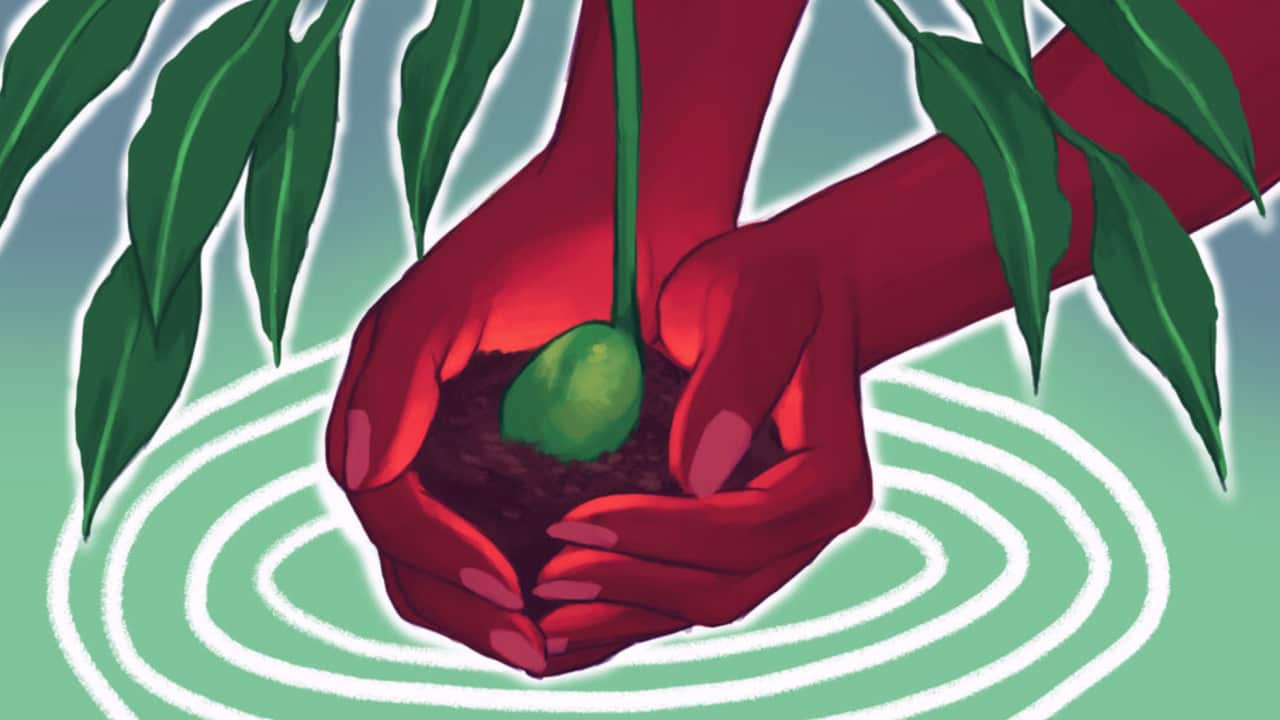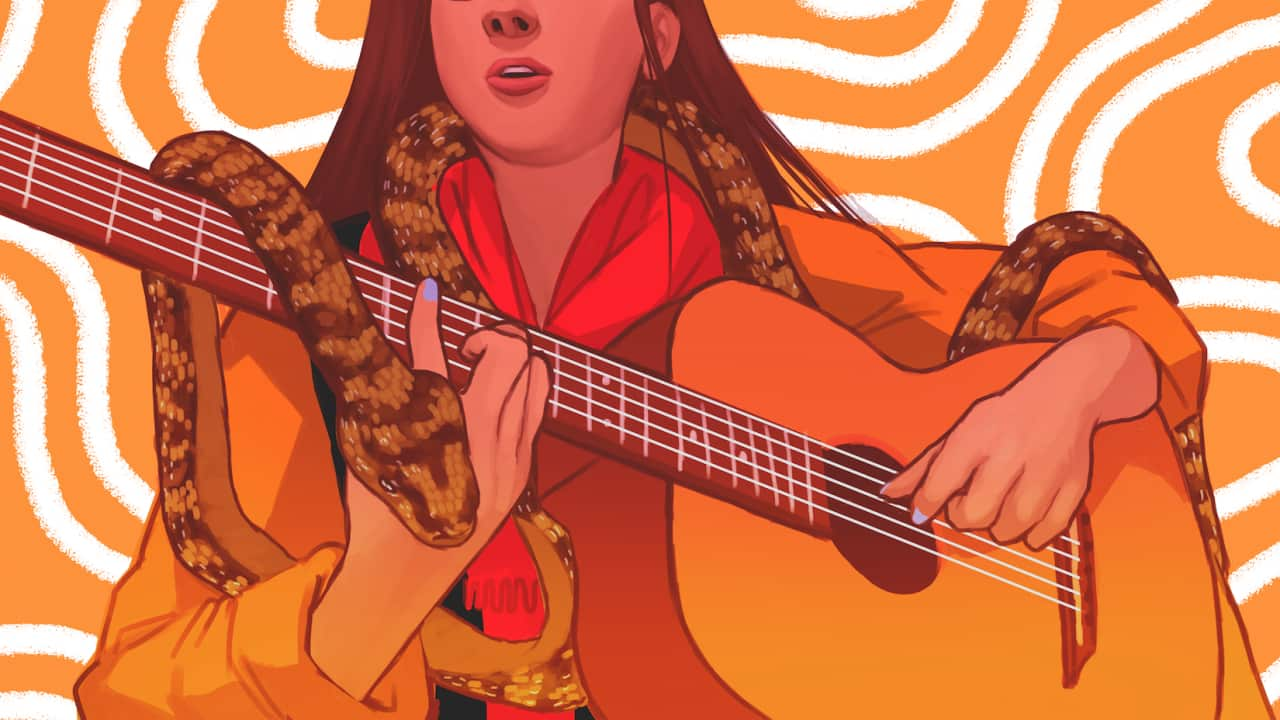This story is edited by Mununjali author Ellen van Neerven for SBS Voices and is part of a NAIDOC Week essay series inspired by the 2021 theme 'Heal Country’, elevating the voices of Aboriginal and Torres Strait Islander writers.
In the second half of 2019 we moved to the beautiful borderlands where Darug and Gundungarra Countries meet along the ridge-line in the lower Blue Mountains. We had been there all of two weeks when the first fires of the Black Summer sparked further up the mountains. It wasn’t even summer yet, it was mid-spring. We watched the blaze glow on the horizon and crushed blackened leaves that fell from the sky between our fingers, not knowing what the next few months would bring.
I grew up in rural bushy areas. Fires were a fear every summer, but thankfully not one that ever came to our door. I moved to the city when I finished high-school, yet after a decade away from the bush sometimes my fears would prickle on a hot windy day, sometimes, apropos of nothing I would suddenly feel how long it had been since rain.
It was still spring when I downloaded the Fires Near Me app in 2019. It would ping and ping and ping. The fires burning throughout the east coast continued to move out, continued to consume and swallow everything in their path. Fires met others, became the mega blaze.
It was still spring when I downloaded the Fires Near Me app in 2019. It would ping and ping and ping.
Before work each day my partner and I would pack up our van with our precious things and park it at Penrith station, far from the fire front. Every day while sitting at my desk in the city I wondered if our little rented home and all its contents would still be there when we returned in the evening.
The smoke was everywhere. It followed me to the city. Smoke crept under the doors, wandered about the house. It obscured the sky, the sun, the moon. The world was charged, changed. Rallies were held in the city. That was when we were still wearing P2 masks, before triple layer fabric ones would roll out to match the next crisis.
Blak voices lead the cries for justice. Of course. Blakfellas have cared for this land since the first sunrise, yet since colonisation our systems of care have been eroded by the settler state.
Blak voices lead the cries for justice. Of course. Blakfellas have cared for this land since the first sunrise, yet since colonisation our systems of care have been eroded by the settler state.
Country speaks. And Country that is not getting the care it needs will cry out for that care. Only a traumatised Country, a mis-managed Country would speak in this way. Fire like this, uncontrolled violent fire, is the result of a Country that is not being heard.
This land is us. When it burns we burn.
Scott Morrison was in Hawaii, lungs clear. Photos of the PM in a floral button-down on the beach. On the same day there was footage of dead animals lining the sides of the roads, piled up like storm debris.
The Christmas break was billowing clouds of tension. The national park that surrounded our house had been blocked off from public access. The sun a hot red dot. We had not seen blue skies for months.
Every day seemed to be categorised ‘catastrophic’ by the fire department. Every day it felt that we were being told that these were the worst conditions ever recorded. On January 4th Penrith and its’ basin was the hottest place on earth, over 49*C.
I remember the hot winds tearing through and yet the world was an eerie whistling silence. We put on local radio and listened to the fire lick at Lithgow, breaking through barriers and fire stops. The radio host tried to cheer up the people that called in, but the situation was desperate. The world outside was hostile, black, death in the air. We tried to shut the smoke out, closed the blinds to try to block some heat. The dark sky suspended us in a midday twilight. We waited to be told to flee.
I remember the hot winds tearing through and yet the world was an eerie whistling silence.
While we waited, I tried to take my mind off the smell of Country burning, tried to take my mind off all the kin dying. While we waited, I tried to weave a basket.
Yet I couldn’t go collect lomandra from the park, hadn’t been able to for months. I sat in the darkness of my house, watching youtube tutorials of far-away Aunties weaving with grasses that I couldn’t touch, tears on my cheeks as my fingers worked with store-bought raffia.
To make a basket you need the grasses. For grasses you need a healthy Country. That Country needs to be understood, needs care, needs to be burnt the right way. To make a basket you need a world that is not on fire. It takes a lot of love to make a basket.
–
I tried to weave a basket.
But the world was on fire.
So next I tried to write about it.
Country needs to be healed, and that healing needs to be lead by Blak Australia.
There will be no climate justice without Treaty.
–
I am excited for the day that I will sit with my bubs on our home Country, collect the grasses, healthy and where we knew they would be, sit in the shade and weave together. Healing and healed.
Jazz Money is a Wiradjuri poet and artist currently based on Gadigal land. Her award-winning poetry has been widely published nationally and internationally, and reimagined as murals, installation, digital interventions and film. Jazz’s debut collection ‘how to make a basket’ is forthcoming in September 2021 with University of Queensland Press.
The illustration for this piece is by Tori-Jay Mordey, an established Indigenous Australian illustrator and artist based in Brisbane. Growing up she openly shared both her Torres Strait Islander and English heritage, which is often reflected in her contemporary Indigenous art practice - producing work based around her family and siblings as a way of understanding herself, her appearance and racial identity.
National NAIDOC Week (4 – 11 July 2021) celebrates the history, cultures and achievements of Aboriginal and Torres Strait Islander peoples. Join SBS and NITV for a full slate of , and follow NITV on and to be part of the conversation. For more information about NAIDOC Week or this year’s theme, head to the .
MORE FROM SBS VOICES' NAIDOC WEEK COLLECTION

Country is our healing and we all benefit from living on land that is well-cared for





